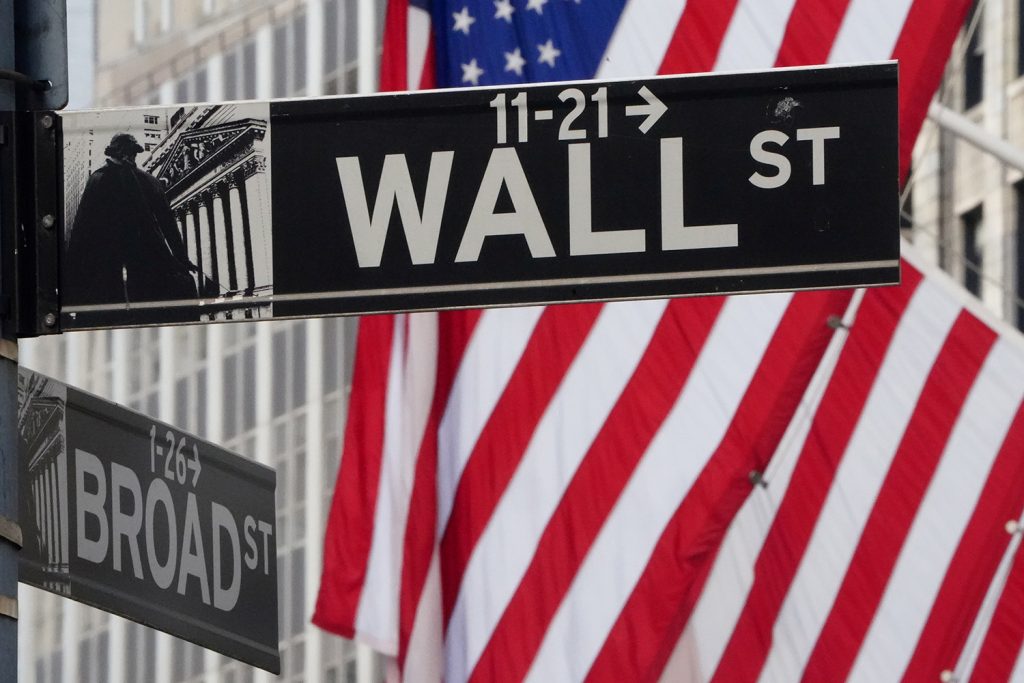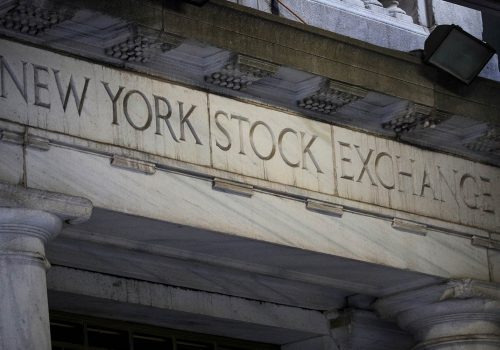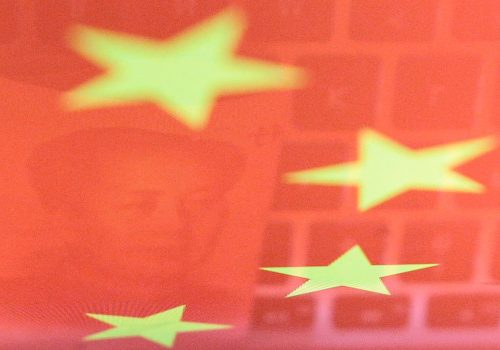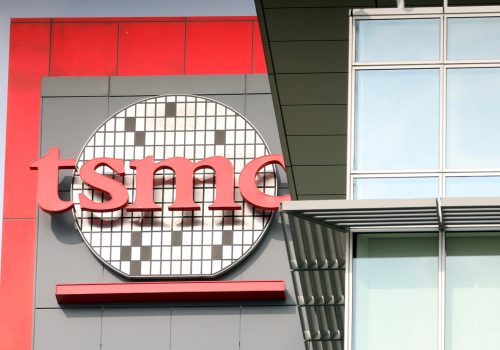On May 20, the US Senate passed the Holding Foreign Companies Accountable Act (HCAA), venturing into what was previously no-mans-land by suggesting US financial audits of Chinese companies. The Obama administration explicitly permitted Chinese companies to participate in US stock exchanges without having to fully comply with the Sarbanes-Oxley Act’s accounting and risk disclosure requirements. The question is whether the HCAA will push Chinese companies to open their books to US auditors or drive them away from the US market. While the Act has yet to pass the House of Representatives and be signed into law by the president, its potential effects are enormous.
The Act comes in the wake of the Luckin Coffee accounting scandal, in which executives at the Chinese coffee company fabricated more than $300 million in revenue. There is certainly a case to be made for increased financial transparency from Chinese companies for the safety of US investors. But this may come at greater cost to US interests, with the United States becoming more discriminatory towards business, less competitive in emerging markets, and more susceptible to harmful economic retaliation.
The Act prohibits any company from being listed on any US exchange if the company fails to comply with the Public Company Accounting Oversight Board’s (PCAOB) review of its audit reports three years in a row. These audits are the examination of a company’s business activities and financial performance. More importantly, companies must disclose any connections with foreign governments—and on this point, the Act specifically mentions the ‘Chinese Communist Party.’ While this Act will most likely affect all foreign companies, its proponents’ main goal is to require Chinese companies to regularly disclose their audit records to US regulators.
There are compelling reasons why Chinese tech companies are listing in US markets. US markets, compared to China, have better liquidity and a deeper investor base, allowing companies to raise money more easily. Merely overcoming the NYSE’s high barrier to entry establishes global credibility. Companies publicly traded in the United States fall under the regulatory supervision of the Securities Exchanges Commission (SEC), enabling the United States to take enforcement actions against companies on securities law violations. In spite of the Obama-era stock market concession to China on company audits, this authority still means that Chinese tech companies are more or less beholden to the rulings of the SEC, serving as a check on their actions. These companies’ values on US exchanges are also determined by US investors, adding a layer of scrutiny and making the US viewpoint a key factor in company decision making. If these companies decide to leave as a result of the Act, losing these oversight mechanisms means that Chinese tech companies are less likely to consider US interests.
If the Act is signed into law, already-heightened US-China tensions may visibly fragment with the Act’s risk of severing American investments into Chinese companies. Pushing these companies back to home shores reduces Chinese technology’s sensitivity to US capital and investor sentiment, possibly leading to aggressive retaliation against US companies in emerging markets. Further, it may spur greater state-backed investment into these tech giants, as leaving US exchanges would lessen the need for staying globally accountable. More state-backing for Chinese tech would harm the United States’ ability to compete in this arena, as Chinese competitors would be better positioned to outspend and undercut their foreign peers for market share. Lastly, ‘forcing’ these companies out of US exchanges will likely invite retaliation. While it is hard, if not impossible, for China to wean itself off US semiconductors, for example, US leadership in high-value-added tech sectors such as consumer electronics or advanced combustion engines may be threatened if they are banned from producing or selling in the fast-growing Chinese market.
Currently, US exchanges have the world’s largest concentration of leading technology companies. If this Act causes Chinese tech companies to delist from US markets, it may diminish United States’ ability to attract and aggregate tech companies under one market, and invite greater competition for tech investors by other stock exchanges. Other securities exchanges such as the London Stock Exchange (LSE), Hong Kong Stock Exchange (HKSE), have eased regulations to attract Chinese tech companies seeking listings elsewhere as a result of this Act. These potential moves may undermine US credibility as a non-discriminatory business environment, which is a key competitive differentiator in an increasingly globalized capital market. American politicians should not assume that the Act will have a ‘fix-all’ effect as they risk triggering a wave of Chinese companies delisting in three-years’ time.
The geopolitical implications of the Act may eventually grow to be larger than those of economic concerns, especially as the technology sectors of the two powers are vying for the next billion users. The refusal by Chinese regulators to prevent US auditors from checking Chinese books has been a contentious issue for over a decade. It is unlikely that Chinese regulators will budge on this position, so the effects of Chinese tech companies delisting from US markets and listing elsewhere is a real risk that must be seriously examined. It would be useful to consider whether this Act is a prudent way to shape long term incentives or another volley brought about by the ongoing trade war, focused merely on short-term gains.
Tianjiu Zuo is a research assistant at the Atlantic Council’s Cyber Statecraft Initiative. He is an undergraduate at Duke University and researches various technology issues at Duke’s Sanford School of Public Policy.
Further reading:
Image: The Wall Street sign is pictured at the New York Stock exchange (NYSE) in the Manhattan borough of New York City, New York, U.S., March 9, 2020. REUTERS/Carlo Allegri/File Photo



